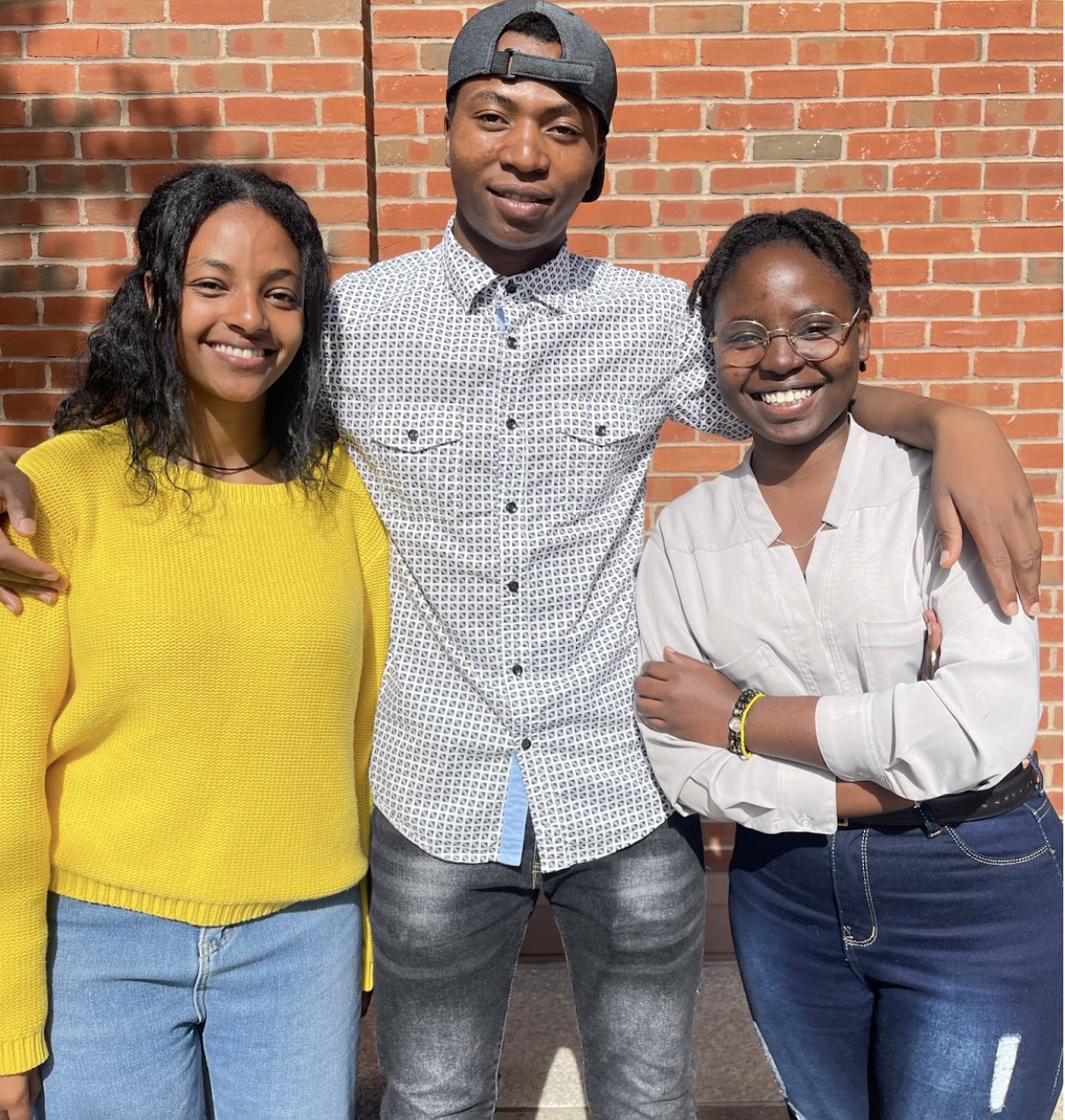
The University welcomed the first cohort of 13 African students as part of the Wesleyan African Scholars Program beginning on Thursday, Aug. 24. The program is part of a new initiative that awards full four-year scholarships to outstanding students from Africa and was announced in an all-campus email from President Michael Roth ’78 on Tuesday, May 9. The scholars will have access to a comprehensive support system that includes mentorship, participation in cohort activities, guidance from faculty members, access to internship grants, and networking opportunities with African alumni in an effort to fulfill the University’s mission to foster a global community.
“For years now, Wesleyan has been deepening its internationalization efforts by supporting student and alumni global engagement,” Roth wrote in the May 9 email to the student body.
Associate Dean of Admission Tara Lindros, who oversees admissions from a number of overseas locations, including Africa, explained that if an applicant is eligible for the African Scholars Program, the Office of Admission automatically considers them for it.
“All students who are citizens or permanent residents of one of the 54 countries on the African continent, not a US citizen, and have applied for financial aid and have demonstrated need will be considered for the program,” Lindros wrote in an email to The Argus.
The Wesleyan African Scholars program helps the University diversify its student body. It follows a similar structure to other University admissions scholarships intended for specific groups of international students, including the Freeman Asian Scholars Program.
“Wesleyan has a long-standing commitment to enrolling students from around the globe and has had a particular commitment to using our financial aid resources to enroll talented African students in the past,” Lindros wrote.
The program is offering the scholars opportunities to adapt to their new environment, while also sharing their home culture with the University community. Manager of Media and Public Relations Steve Scarpa believes the incorporation of different cultures on campus will foster a more enriching learning experience for students.
“The [scholars] will also be offered the chance to participate in a unique cross-cultural speakers’ program in which they share aspects of their home culture with the Wesleyan and Middletown communities,” Scarpa wrote in a May 9 article in The Wesleyan Connection.
Scholars will also be able to stay in close contact with other African alumni of Wesleyan.
“Alumni from Africa will be available to them for purposes of networking and mentorship, and there will be opportunities to do internships or post-graduate work in Africa,” Scarpa wrote in the article.
Gad Nkurunziza ’27, a scholar from Rwanda, plans to major in chemistry and environmental studies to address environmental degradation. He emphasized his hope that the cohort will be empowered to institute significant change after leaving Wesleyan.
“It’s a small group, but it shows that maybe we have the potential to do something great in a group of 13 people from the whole continent,” Nkurunziza said.
Lois Amponsah ’27, from Ghana, was introduced to Wesleyan through the Young Achievers Foundation (YAF), a program that supports students applying to U.S. universities. She hopes to start a foundation in Ghana to help children pursue their dreams by connecting them to scholarships and entrepreneurship opportunities.
“I wanted to be able to start something in Ghana that will push people to be more,” Amponsah said. “I’d like to create a startup like YAF in Ghana that will connect them to scholarships and help them build their ideas.”
Holiness Ange Igiraneza ’27, from Burundi, was initially anxious about the cultural shift to Wesleyan but was surprised by the warm and supportive welcome from the University community and the African Scholars Program.
“I was afraid of leaving my family for the first time, not knowing the people or how to fit in,” Igiraneza said. “But on my first day here, those who met me at the airport made me feel at home.”
Igiraneza plans to major in Molecular Biology & Biochemistry and aspires to attend medical school or work in the health professions.
“Being part of the African Scholars Program gives me hope that I can make a difference in Africa,” Igiraneza said.
Tihitina Sisay Gebeyehu ’27 is from Addis Ababa, Ethiopia. She plans to pursue her passion for hospital volunteering and hopes to attend medical school. Gebeyehu appreciates the competitive yet small, welcoming, and supportive environment at Wesleyan, as well as the financial aid from the University.
“In high school, you’re competitive to have a rank, but here, you’re working on yourself, and you’re competing with yourself,” Gebeyehu said.
In addition to Nkurunziza, Amponsah, Igiraneza, and Gebeyehu the 2023 cohort of the African Scholars Program includes first-year students Phidence Atieno, Allan Cheruiyot, Abdiasis Daauud, Naomi Ivie, Daphine Kemigisa, Leonard Zheve, Yamani Mpofu, Chukwudi Udechukwu, and Yinka Vaughan.
Leo Bader contributed reporting.
Rose Chen contributed reporting.
Spencer Landers contributed reporting.
Dove Bonjean-Alpart can be reached at dbonjeanalpa@wesleyan.edu.


Leave a Reply